Description
1. Introduction
Importance and relevance of chemical injection in various industries
Chemical injection plays a pivotal role in various industries, particularly in the oil and gas sector, serving multiple crucial functions that contribute to the efficiency, safety, and longevity of operations.
Corrosion Inhibition: Chemical injection is used to introduce corrosion inhibitors into pipelines to prevent the corrosion of metals, which can deteriorate the infrastructure, causing leaks, failures, and environmental hazards.
Scale Inhibition: Scale inhibitors are also introduced via chemical injection to prevent the deposition of scale that can clog pipelines and impair operational efficiency.
Paraffin and Hydrate Formation Prevention: In the oil and gas industry, paraffin and hydrate deposits can develop and block pipelines. Chemical injection is used to introduce substances that prevent the formation of such deposits.
Biocides: To prevent the growth of bacteria and other microorganisms that could cause pipeline corrosion or produce harmful gases, biocides are often injected into the system.
Enhanced Oil Recovery (EOR): Chemical injection is used in enhanced oil recovery processes where chemicals are injected to increase the amount of crude oil that can be extracted from an oil field.
Pressure Maintenance: In some cases, chemicals or water are injected to maintain pressure in an oil well and enhance its productivity.
2. Understanding Chemical Injection
Understanding Chemical Injection
Chemical injection, also known as chemical dosing, is a process used in various industries where chemicals are introduced into a system to achieve a specific outcome. In general, it involves pumping or injecting precise amounts of chemicals, often in liquid form, into a pipeline or reservoir. It’s a critical process and is often automated to ensure accuracy, efficiency, and safety. The need for chemical injection arises from several operational challenges, including corrosion, blockage, microbial activity, and the need to enhance production yield. It’s a crucial aspect of maintaining the health and efficiency of industrial systems, particularly in the oil and gas sector.
Common Chemicals Used and Their Purposes
There are several common chemicals used in the chemical injection process, each serving a specific purpose. Corrosion inhibitors, for example, are used to protect metal components in the system from corroding, thereby prolonging their lifespan and reducing the risk of leaks or failures. Scale inhibitors are used to prevent the formation of scale, a layer of minerals that can build up on the inside of pipelines and decrease the efficiency of the flow. Biocides are injected to control the growth of bacteria and other microorganisms that could cause corrosion or produce harmful gases. In the oil and gas industry, other chemicals like demulsifiers are used to separate oil and water, while surfactants are used to lower the surface tension between liquids, helping to enhance oil recovery.
Impact on Efficiency, Safety, and Longevity of Operations
The use of chemical injection has a significant impact on the efficiency, safety, and longevity of operations. By preventing corrosion and scale formation, it maintains the integrity of pipelines and other components, thus enhancing efficiency and preventing equipment failures that could lead to operational downtime. The use of biocides enhances safety by preventing the production of harmful gases. Moreover, through the prevention of blockages and the enhancement of oil recovery, chemical injection contributes to the long-term sustainability of operations. It’s a preventive measure that helps to mitigate risks, reduce maintenance costs, and extend the operational life of equipment and infrastructure.
3. Double Block and Bleed (DBB) Valves
Key Features and Benefits of DBB Valves
DBB valves, with their salient features and benefits, are integral to efficient and safe operations. Key features include frictionless sealing that minimizes wear, simplified maintenance procedures, cost-effective design, and advanced sealing technology. Additionally, an optional automatic relief device prevents abnormal pressure buildup, and a synchronized switch indicator provides an accurate display of the operational status, enhancing safety and reliability.
The adoption of DBB valves offers numerous advantages, including significant weight reduction, space savings, and streamlined installation processes, leading to time and cost efficiencies. They effectively mitigate leakage issues and offer operational flexibility with quick closure and easy discharge functions. DBB valves provide dual isolation for safer maintenance procedures and offer cavity venting for compressed pressure management. Their expanded functionality includes chemical injection points, sampling points, and integration with control valves, making them a versatile solution for various fluid control needs.
Advantages of using DBB valves in chemical injection systems
DBB (Double Block and Bleed) valves offer significant advantages in chemical injection systems, enhancing efficiency, safety, and reliability.
1. Improved Safety: By providing a dual isolation mechanism, DBB valves improve safety by ensuring a complete shutoff, which is essential when injecting hazardous chemicals.
2. Enhanced Operational Efficiency: The reduced need for multiple valves and connections simplifies the system and reduces potential points of failure, enhancing reliability and operational efficiency.
3. Cost Efficiency: Their compact design saves space and reduces weight, leading to cost savings on installation and maintenance.
4. Leakage Prevention: DBB valves are known for their excellent sealing capabilities, which can significantly reduce the risk of chemical leakage during the injection process.
5. Versatility: DBB valves can be adapted to include chemical injection and sampling points, providing a versatile solution that can simplify and streamline the system layout.
6. Easy Maintenance: The design of DBB valves allows for easy maintenance and replacement of parts without removing the valve from the pipeline.
By integrating these advantages, DBB valves can significantly enhance the safety, reliability, and cost-effectiveness of chemical injection systems.
4. Chemical Injection with DBB Valves
Chemical Injection with DBB Valves
Double Block and Bleed (DBB) valves play a significant role in chemical injection systems, primarily in the oil and gas industry. In the context of chemical injection, DBB valves are used to introduce precise volumes of chemicals into a system under controlled pressure and flow rate conditions. The dual isolation mechanism provided by DBB valves ensures complete shutoff, which is paramount in situations that involve injecting potentially hazardous chemicals.
DBB valves enable controlled injection of chemicals such as corrosion inhibitors, scale inhibitors, biocides, and demulsifiers into the system. The chemicals are introduced between the two isolation points of the DBB valve, ensuring accurate chemical delivery while maintaining system integrity. Moreover, the DBB valve design allows for easy maintenance and replacement of parts, which is especially beneficial in chemical injection systems where regular maintenance is a necessity.
Benefits of Using DBB Valves in Chemical Injection Systems
The use of DBB valves in chemical injection systems offers several advantages. Firstly, they improve operational safety by providing a dual isolation mechanism, ensuring a complete shutoff when dealing with hazardous chemicals. This reduces the risk of accidental chemical leaks, contributing to safer working conditions and minimizing environmental risks.
Secondly, DBB valves enhance operational efficiency. Their design, which integrates two isolation valves and a bleed valve into a single unit, simplifies the system by reducing the need for multiple valves and connections. This not only saves space but also decreases potential points of failure, thereby increasing system reliability.
DBB valves also offer cost efficiencies. Their compact design leads to savings on installation costs and maintenance expenses. Furthermore, their excellent sealing capabilities help prevent chemical leaks, saving resources and reducing potential downtime due to system failures.
Overall, DBB valves prove to be an invaluable component in chemical injection systems, enhancing the safety, reliability, and cost-effectiveness of operations.
5. Conclusion
In conclusion, chemical injection plays a vital role in various industries, especially the oil and gas sector, in maintaining operational efficiency, ensuring safety, and prolonging the lifespan of infrastructure. It addresses various operational challenges like corrosion, blockages, microbial activities, and production enhancement. Double Block and Bleed (DBB) valves, with their distinctive features and benefits, have proven to be fundamental in optimizing these chemical injection systems. They ensure improved safety, enhanced operational efficiency, cost savings, and leakage prevention, and provide ease of maintenance, making them indispensable in the system. By integrating DBB valves, industries can significantly enhance the safety, reliability, and cost-effectiveness of their operations, contributing to a more efficient and sustainable industry future.

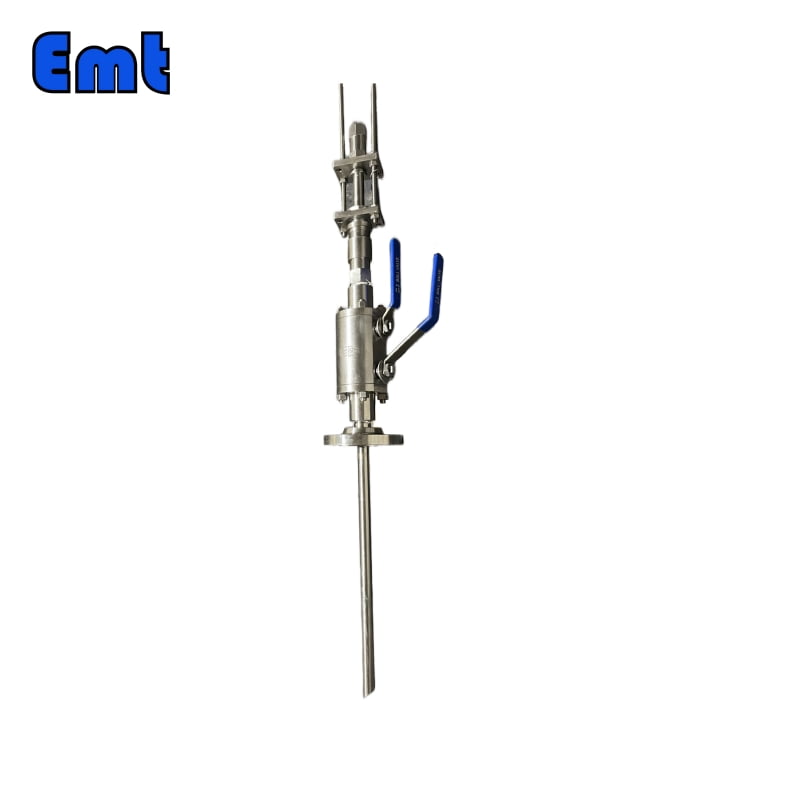
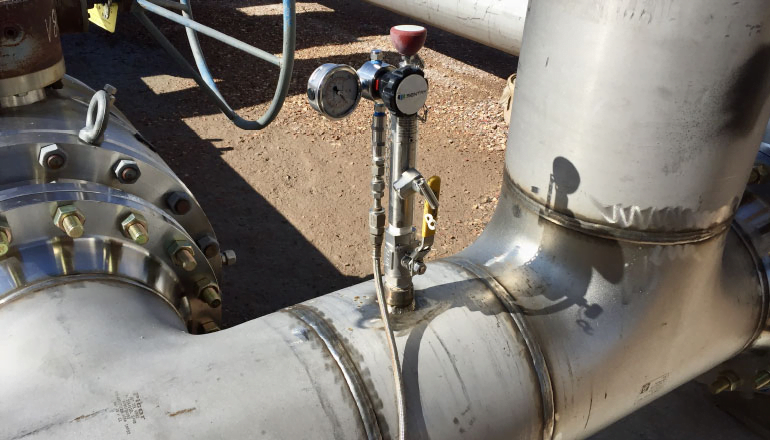
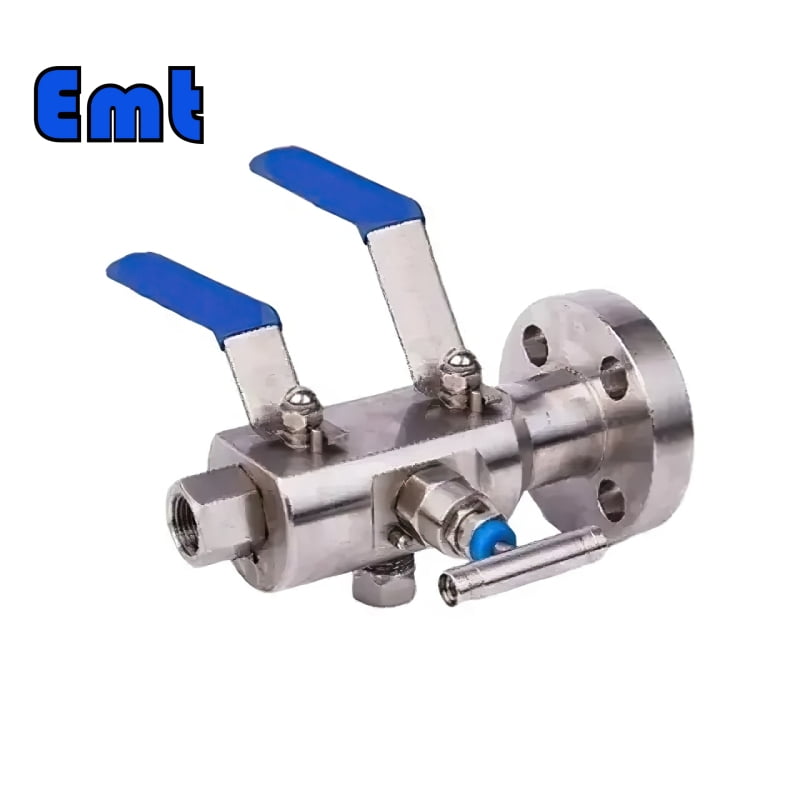
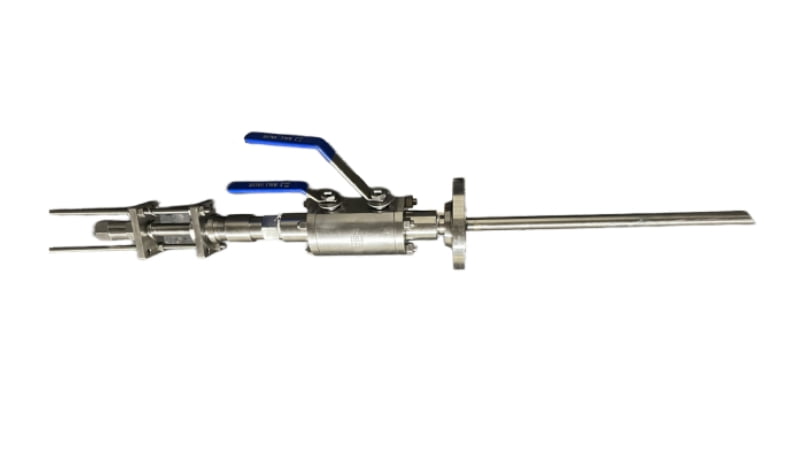
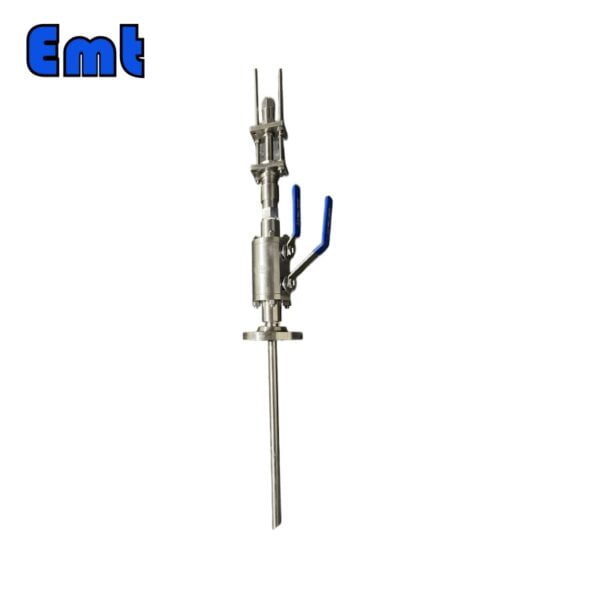
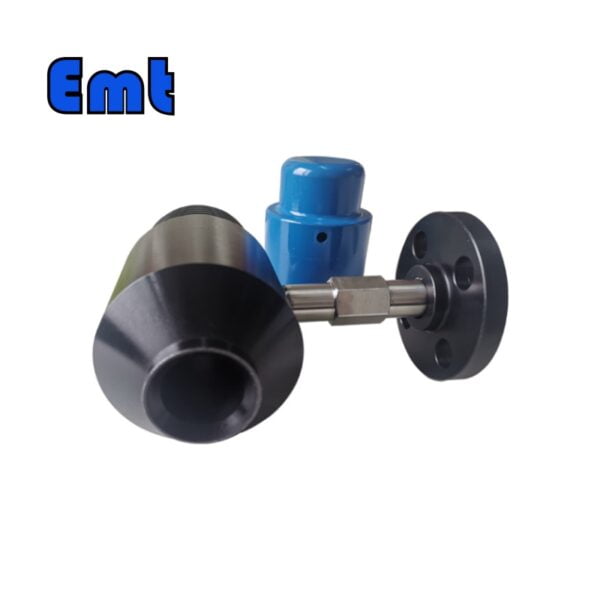
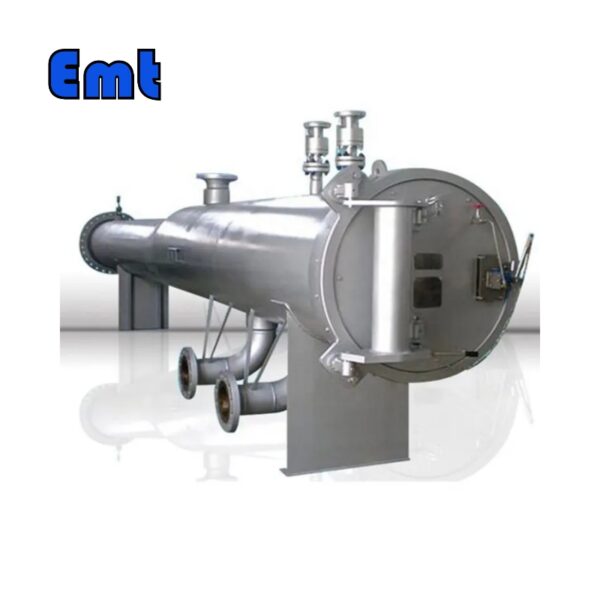
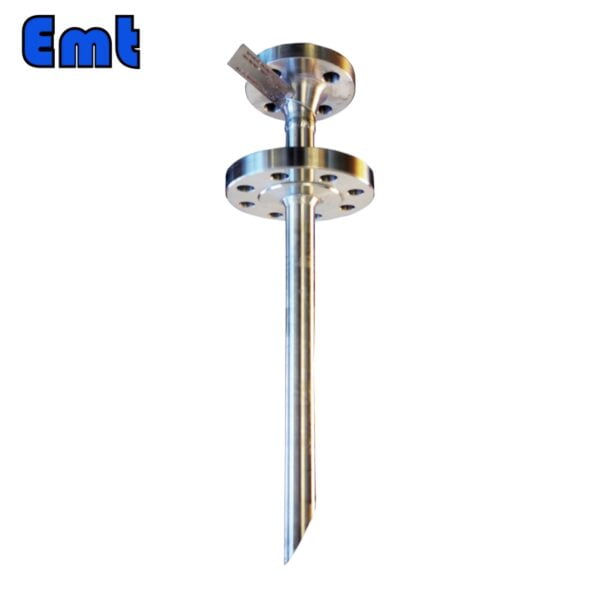
Reviews
There are no reviews yet.